World Sports Betting: What You Need to Know
Whether you're a casual sports bettor or a seasone

The Inside Scoop: Breaking Down Sports Betting Regulations on a Global Scale
Whether you're a casual sports bettor or a seasoned professional, this comprehensive guide will provide you with the inside scoop on sports betting regulations around the globe. Stay tuned as we demystify the complex world of sports betting and shed light on the ever-evolving landscape of this thrilling industry.
Sports betting regulations are a hot topic of discussion worldwide as more countries embrace this form of gambling. Understanding the rules and regulations on a global scale can be a daunting task, with each country having its own unique set of guidelines. In this article, we will dive into the punting regulations world, breaking them down country by country. We take a look at the ins and outs of legislation, from the evolving US legislation and the up-and-coming betting Tanzania market to the strict rules in European countries such as the UK and Spain. We will also examine the impact of these regulations on the industry, including licensing requirements, taxes, and consumer protection measures.
Evolution of Sports Betting Regulations
Sports betting regulations have undergone a significant evolution over the years. In the past, wagering was associated with illegal bookmakers and underground activities. However, as attitudes towards gambling have shifted and the potential for tax revenue and economic growth has become apparent, many countries have started to regulate and legalize sports betting.
One of the driving factors behind the evolution of regulations is the rise of online gambling. With the advent of the internet, it has become easier than ever for people to place bets on sports events from the comfort of their own homes. This has led to a proliferation of online platforms, which has both positive and negative implications for the industry.
In one way, sites have made punting more accessible and convenient for consumers. They can now bet on several sports and activities with just a few clicks of the mouse. On the other hand, the ease of wagering has raised concerns about problem gambling and addiction. As a result, many countries have introduced strict regulations to protect consumers and ensure responsible gambling.

Key Factors Influencing Sports Betting Regulations
The critical factor is the country's cultural and historical attitudes toward gambling. Some countries have a long-standing tradition of gambling and may have more permissive regulations in place. Others may have a more conservative approach and impose stricter regulations.
Another factor is the potential economic benefits for the country. Legalizing and regulating sports betting can bring in significant tax revenue and create job opportunities. It can also attract tourism and stimulate economic growth, especially in regions with a strong sports culture.
The level of technological advancement also plays a role in shaping regulations. Countries with more advanced technological infrastructure may have more sophisticated regulations to address the challenges and opportunities presented by online platforms.
Lastly, international cooperation and harmonization of regulations are becoming increasingly important. With the rise of online gambling, it has become easier for people to place bets across borders. This has necessitated international cooperation to address issues such as match-fixing and money laundering.
Global Sports Betting Regulations: a Comparative Analysis
Now let's move on to a comparative analysis of gambling regulation in different regions of the world. Each region—from North America to Europe, Asia, Australia, and Oceania, Africa—has its unique approach to regulation.
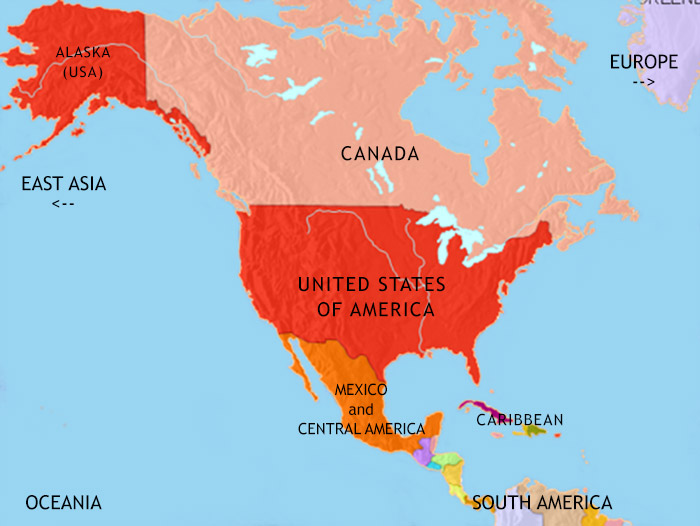
North America
The regulation in the United States has undergone significant changes in recent years. Before 2018, wagering was virtually illegal in most states, except for Nevada. However, in a landmark decision, the Supreme Court struck down a federal law that banned sports betting, giving individual states the right to legalize and regulate it.
Since then, numerous states have passed legislation to allow punting within their borders. Each state has its own set of regulations governing licensing, taxation, and consumer protection. Some states have opted for a more open and competitive market, while others have implemented more restrictive regulations.
In Canada, such regulations vary by province. While some provinces have embraced regulated wagering, others have chosen to maintain a monopoly on punting through provincial lottery corporations. However, there is growing momentum for the legalization of single-event sports betting across the country.
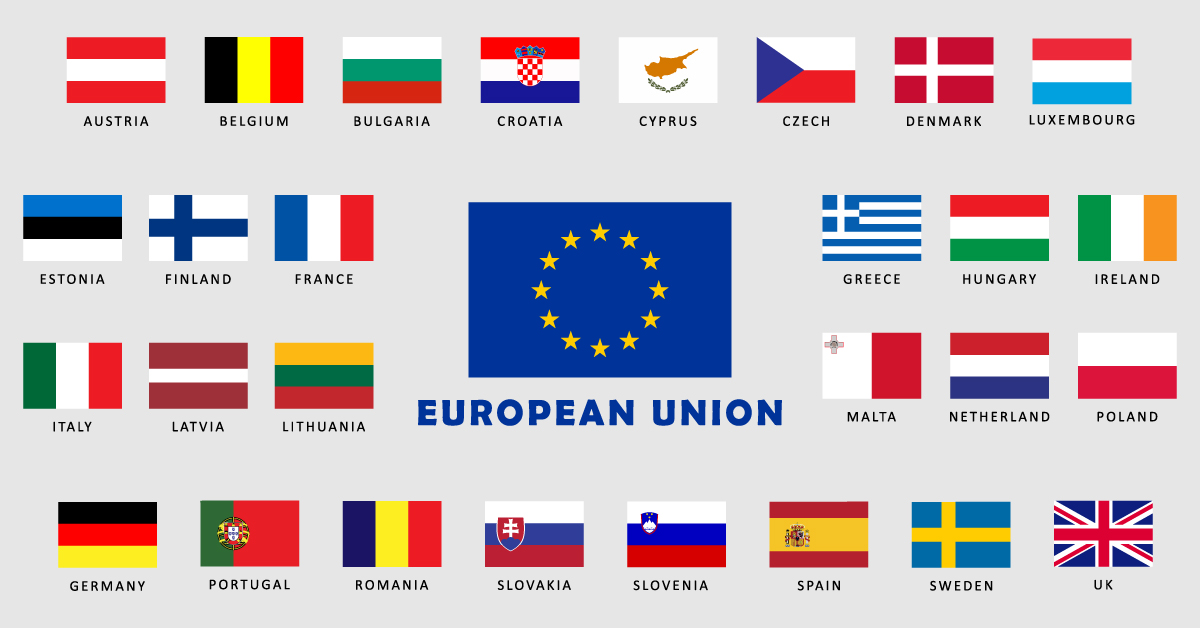
Europe
Europe is a diverse landscape when it comes to regulations. The United Kingdom has one of the most liberal and well-established markets in the world. It is regulated by the UK Gambling Commission, which oversees licensing, advertising, and consumer protection measures.
Other European countries, such as Spain, have a more stringent approach to regulations. In Spain, online sports betting is only permitted through licensed operators, and advertising and sponsorship of gambling activities are heavily regulated.
In some European countries, such as Germany and the Netherlands, the legislation appears to be undergoing significant changes at the moment. These countries are working to implement new regulations that will create a more transparent and competitive market.
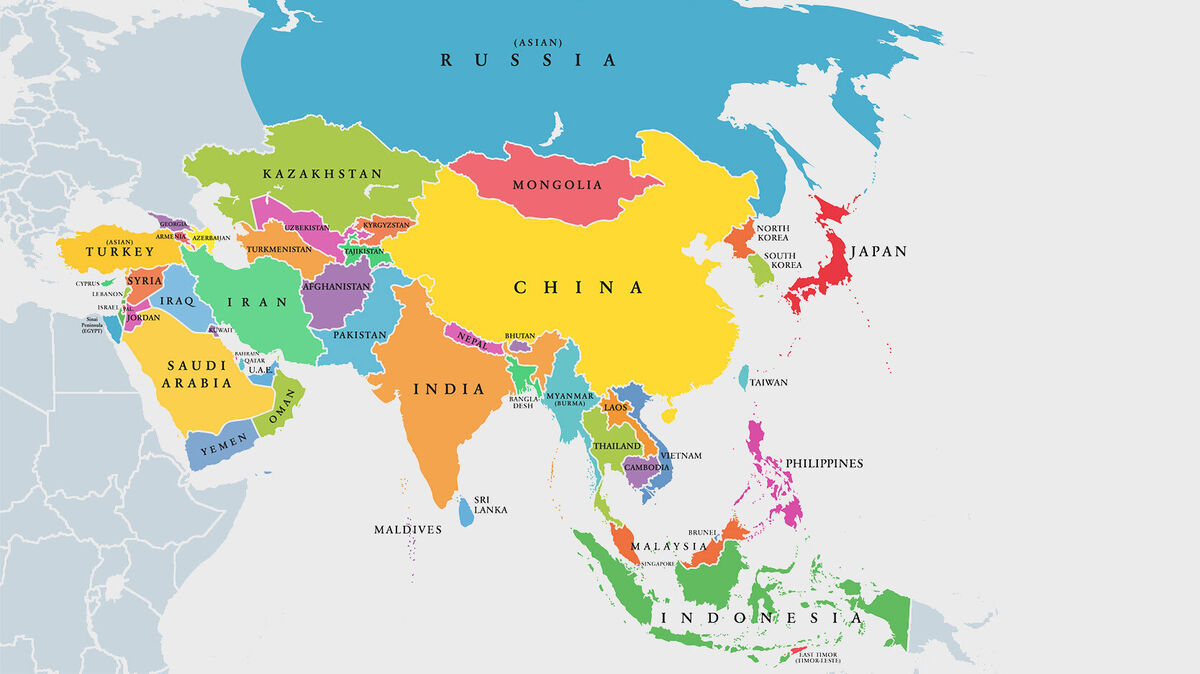
Asia
Asia is a huge and diverse continent with different regulations. Several countries, such as Macau and Singapore, have strictly controlled sports activities and are restricted to licensed operators. These countries have strict regulations in place to combat illegal gambling and protect consumer rights.
On the other hand, countries like the Philippines and Cambodia have embraced a more liberal approach to sports punting. They have established special economic zones and integrated resorts that offer a wide range of gambling activities.
In India, regulations are complex and vary by state. While some states have legalized sports wagering, others have imposed strict restrictions or outright bans. However, there is a growing movement to regulate and tax sports betting at the national level to generate revenue and curb illegal gambling.
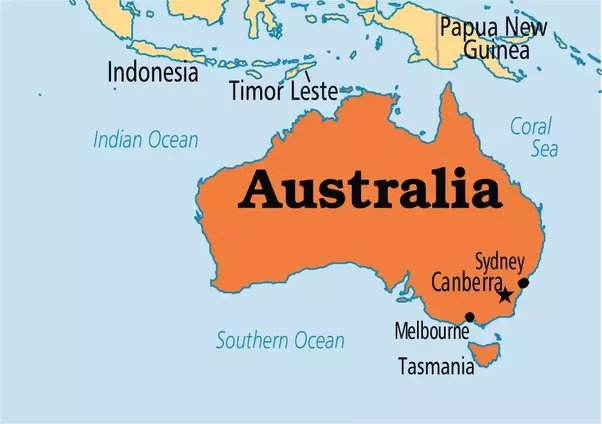
Australia and Oceania
Australia has one of the highest levels of punting in the world. It is regulated by state and territory authorities, with each jurisdiction having its own set of regulations. The Interactive Gambling Act of 2001 governs online sports wagering and prohibits the advertising and provision of certain types of gambling services to Australian residents.
New Zealand also has a well-regulated industry. It is governed by the New Zealand Racing Board, which oversees licensing and regulation. Online sports betting is legal in New Zealand, but operators must be based overseas and cannot target New Zealand residents.
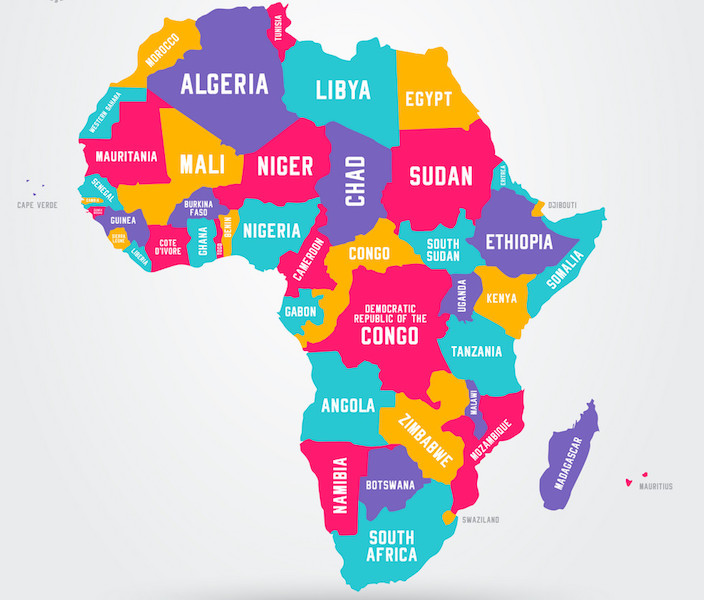
Africa
The regulation in Africa varies greatly from country to country. In South Africa sports betting is legal and regulated. The National Gambling Board oversees licensing and regulation, and both land-based and online bookies are allowed.
Sports wagering is virtually unregulated or in the shadows in other African countries. This has led to a proliferation of unlicensed and unregulated operators, creating consumer protection and taxation problems.
Conclusion
As the popularity of sports betting continues to grow, so does the need for comprehensive and effective regulation. The evolution of regulation around the world reflects changing attitudes toward gambling and the recognition of its economic potential.
While there is no one-size-fits-all approach to regulation, it is clear that countries are increasingly recognizing the importance of consumer protection and responsible gambling measures. The growth of online punting has also highlighted the need for international cooperation and harmonization of regulations.
As technology advances and the global industry matures, regulations continue to adapt and change, and balance between consumer protection, economic benefit, and technological innovation.







